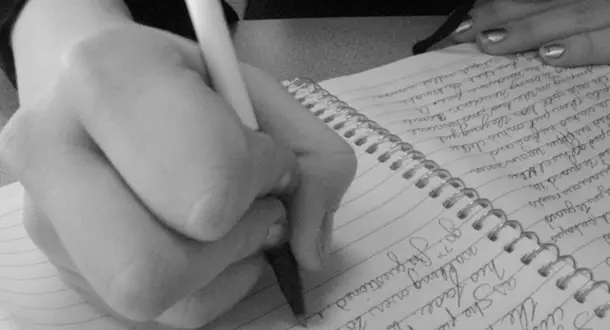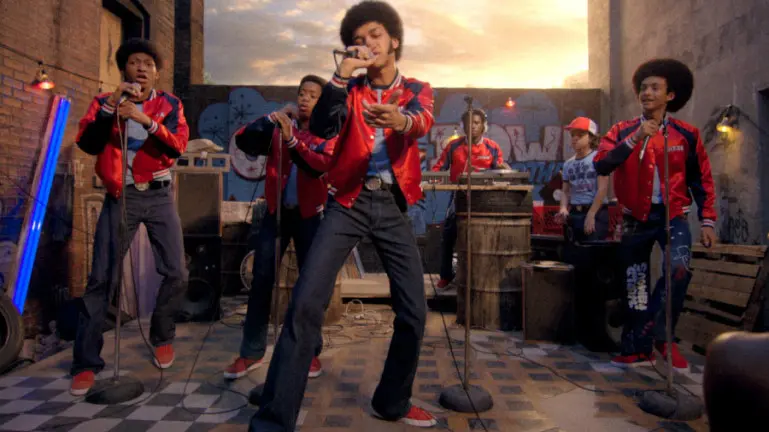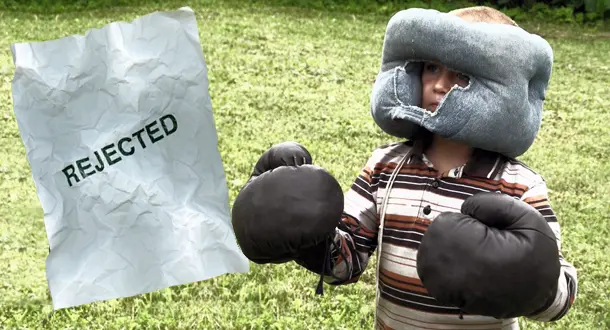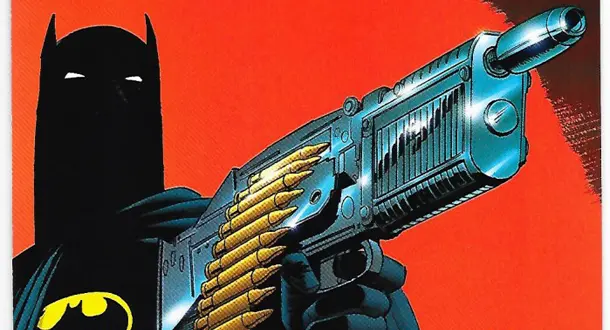Menu
Columns
Showing 3546 Columns
Showing 3546 Columns
September 16th, 2016

I have three physical journals and one electronic journal. I also use the Notes application on my iPhone to write thoughts and observations down if I’m caught journal-less. The three journals are all pocketsize so I can take them everywhere. The first journal is for quotes, life lessons and realisations I pick-up throughout the day. The second is for story ideas, snatches of dialogue and observations. I like to keep the first journal positive so it can inspire and uplift me on those darker days but the second journal is ‘anything goes’.
Read Column →September 16th, 2016

There are so many excellent independent comics that it's easy to miss them. They often fly slightly beneath the radar, making it even easier to neglect a title that would otherwise be perfect for a fall day and a mug of apple cider.
Read Column →September 15th, 2016

We’ve all heard that “truth is stranger than fiction,” but sometimes our made-up stories can beat history at its own game. Sometimes, fiction can be truer than truth.
Read Column →September 14th, 2016

What are your odds of facing rejection as a writer? High! High as a motherfucking kite, my friend. This is a motivational piece, by the way.
Read Column →September 14th, 2016

I had a windfall. If $100 counts as a windfall. I'm not sure what the exact definition of "windfall" is, but for me, it's any amount I'd stay overnight in a haunted mansion to get. $100 is WELL within that boundary.
Read Column →September 9th, 2016

I recently abstained from social media for fourteen days as part of an experiment. Perhaps not my most ambitious challenge, but given social media is a key promotional tool for This Is Horror and my primary way of communicating with many friends it was enough for me to feel it.
Read Column →September 8th, 2016

There are many great books brought out by big publishers that get big press, big awards, and big readerships. (One could argue that there are many mediocre ones that do the same.) And then there are great books brought out by small presses that, despite kicking all kinds of ass, manage to reach only a small number of readers.
Read Column →September 7th, 2016

The DC Extended Universe started with 2013’s Man of Steel, but with the release of this year’s Batman v Superman and Suicide Squad, it’s clear these are only loose adaptations of the comic book source material. That being said, are these iterations valid? Because the intriguing thing about this shared universe, the brain child of screenwriter David Goyer and directors Zack Snyder and David Ayer, is that it is true to its roots in an unexpected way.
Read Column →September 7th, 2016

Let's start this off with an admission of guilt: I decided on this column because I thought 2016 was the ten-year anniversary of the release of Dan Brown's The Da Vinci Code. It turns out 2016 is the ten-year anniversary of the movie's release. The book came out in 2003.
Read Column →🎼
Tell us about your book, and we'll give you a writing playlist
Take our 1 minute quiz to find your ideal tunes.